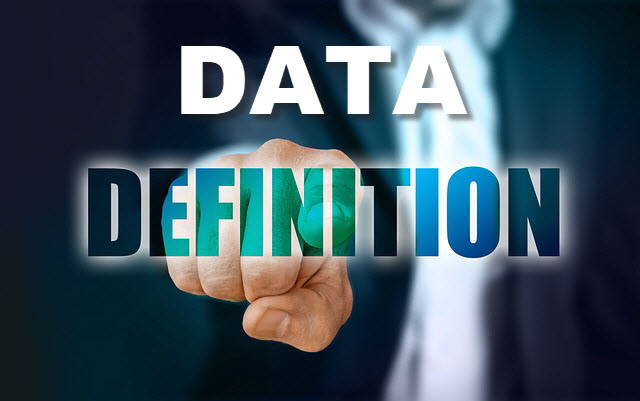ANSWER
Good data definitions are crucial in any business environment, especially for a business analyst, as they ensure consistency, clarity, and accuracy in data usage across an organization. Data definitions provide a clear understanding of what each data element means, how it should be interpreted, and how it fits into broader business processes. Without clear definitions, data can be misinterpreted, leading to flawed insights, poor decision-making, and operational inefficiencies.
One of the primary reasons good data definitions are important is that they establish a common understanding across teams and departments. In large organizations, different teams—such as marketing, finance, operations, and IT—often work with the same data but may interpret it differently. For example, the definition of "customer" could vary across departments: for marketing, it might refer to anyone who has shown interest, while for finance, it could refer to someone who has made a purchase. Without a standardized definition, the analysis might lead to conflicting conclusions and inefficiencies in decision-making.
Clear data definitions also promote data quality and consistency. When data is well-defined, it is easier to capture, validate, and maintain. This consistency is particularly important when working with large datasets or when data is aggregated from multiple sources. For instance, if different systems or departments collect data using varying definitions or formats, it can lead to discrepancies that affect the integrity of reports or analysis. Standardized definitions help mitigate these risks, ensuring that the data is accurate and reliable.
Moreover, good data definitions are essential for effective data governance. A well-documented data dictionary or metadata repository ensures that data is properly classified and governed throughout its lifecycle. It also aids in compliance with regulations, as proper definitions ensure that data is handled appropriately, particularly in sectors where privacy and security are critical, such as healthcare or finance.
For business analysts, having clear data definitions is vital when deriving insights or making recommendations. Well-defined data enables the creation of more accurate models, forecasts, and reports, which are essential for business strategies. It helps analysts ensure they are using the right metrics to measure performance, leading to actionable, data-driven decisions that align with business goals.
